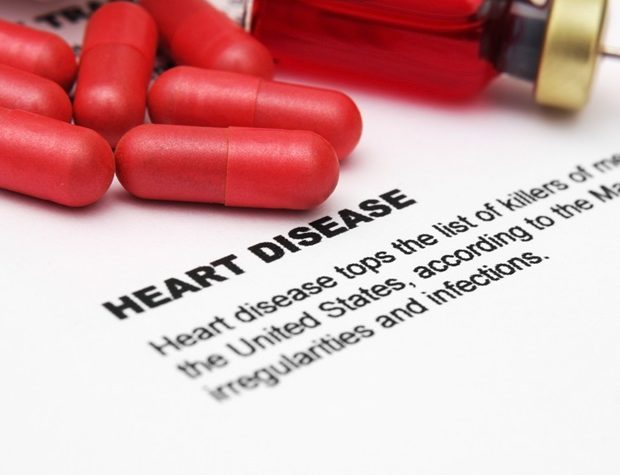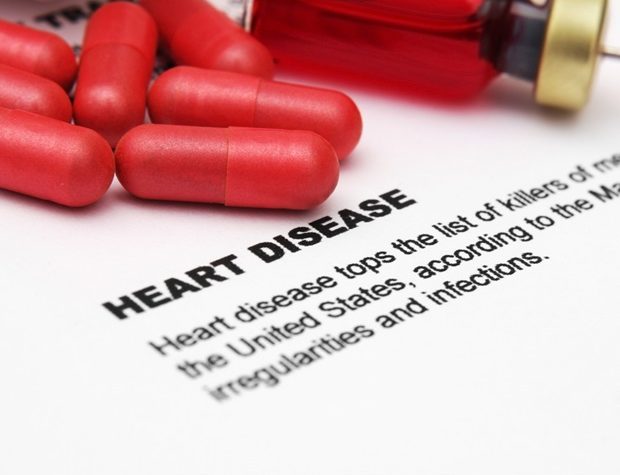
 Share on Pinterest
Share on Pinterest- Around 25% of adults in the United States suspect they may have undiagnosed attention deficit/hyperactivity disorder (ADHD), a recent survey has found.
- As awareness of the symptoms of ADHD in adults, in general, and women, in particular, increases, more and more people are seeking diagnosis and treatment.
- One recent study suggests that ADHD medication can help boost cognitive function. Another has found that people taking these drugs even have a lower risk of premature death.
- However, it is not all good news: High doses of ADHD medication have also been linked to a heightened risk of psychosis, prompting doctors to exercise extra caution in treating their patients.
Recently, a national survey of 1,000 adults in the United States conducted by The Ohio State University Wexner Medical Center and College of Medicine found that 25% of respondents suspected they might have undiagnosed attention deficit/hyperactivity disorder (ADHD).
That means that around one in four U.S. adults suspects they may have this developmental condition. While this may seem like a large number, it is perhaps unsurprising, given the rise in research on the causes and symptoms of ADHD and an increased awareness of what it actually looks like in adults, particularly in women.
However, the researchers who conducted the recent survey expressed a worry that only 13% of respondents said they had sought advice on their suspected ADHD from a healthcare professional.
“Anxiety, depression, and ADHD — all these things can look a lot alike, but the wrong treatment can make things worse instead of helping that person feel better and improving their functioning,” emphasized Justin Barterian, PhD, a clinical assistant professor in the Department of Psychiatry and Behavioral Health at The Ohio State University Wexner Medical Center, in a press release.
Indeed, recent studies have been highlighting the impact of medication in the treatment of ADHD, showing that the correct prescription can improve cognitive functioning and even lead to a decreased death risk.
However, some caveats remain, especially regarding some high-dosage treatments. Here is what we know so far.
A review and meta-analysis published in Neuroscience and Biobehavioral Reviews in May 2024 highlighted the benefits that prescription drugs for ADHD can bring to brain health.
The research looked at both stimulant and non-stimulant drugs that doctors can prescribe long-term for the treatment of ADHD. More specifically, it looked at the effect of methylphenidate (brand names Ritalin, Concerta), a stimulant, and atomoxetine (Strattera), a non-stimulant, on the brain.
It concluded that both drugs helped improve attention, inhibition, and reaction time. In addition, people using methylphenidate also demonstrated improvements in working memory.
This is great news, as people with ADHD may have problems with maintaining focus, impulse control, and memory recall, among other symptoms.
David Merrill, MD, PhD, a geriatric psychiatrist and director of the Pacific Neuroscience Institute’s Pacific Brain Health Center at Providence Saint John’s Health Center in Santa Monica, CA, who was not involved in this review, explained for Medical News Today:
“Both types of medications improve cognitive functions like attention and working memory by optimizing neurotransmitter [chemical messenger] levels and enhancing brain network connectivity.”
An observational study conducted in Sweden, whose results appeared in JAMA in March 2024, further emphasized the positive impact of ADHD medication on a person’s quality of life.
The study tracked the health data of 148,578 individuals with ADHD, whose progress doctors followed for two years after the individuals had received their diagnoses.
It found that people with ADHD who take prescription medication for this condition have a 19% lower risk of early death compared to peers with untreated ADHD.
The researchers took into account all possible causes of death, including non-natural causes, such as accidents, suicide, accidental poisoning, and drug overdose.
The findings suggest that the improvement in cognitive functioning that results from appropriate treatment boosts the individuals’ quality of life in a significant way, potentially also lowering the risk for co-occurring mental health conditions, such as anxiety and depression.
However, with all the benefits also come some caveats, particularly in relation to medication dosage.
A study published in the American Journal of Psychiatry in September 2024 alarmingly found that high dose prescription amphetamines — which are stimulants and a first-line treatment for ADHD — were linked to a fivefold (81%) increase in a person’s risk of psychosis or mania.
In this study, “high dosage” referred to 30 milligrams (mg) or more of amphetamines. The researchers also concluded that people taking any prescription amphetamine had a 63% higher risk of developing psychosis or mania.
This was based on a comprehensive analysis of medical data from people ages 16–35 years who had received treatment at Mass General Brigham between 2005 and 2019.
“Stimulant medications don’t have an upper dose limit on their labels, and our results show that it is clear that dose is a factor in psychosis risk and should be a chief consideration when prescribing stimulants,” noted Lauren Moran, MD, a pharmacoepidemiology researcher at McLean Hospital, and lead author of this study, in a press release.
“There’s limited evidence that prescription amphetamines are more effective in high doses. Physicians should consider other medications our study found to be less risky, especially if a patient is [already] at high risk for psychosis or mania,” the researcher emphasized.
Source: https://www.medicalnewstoday.com




More Stories
Classic and green Mediterranean diets may help slow brain aging
Rheumatoid arthritis linked to changes in the gut microbiome in new study
Could taking fish oil supplements help lower cancer risk?